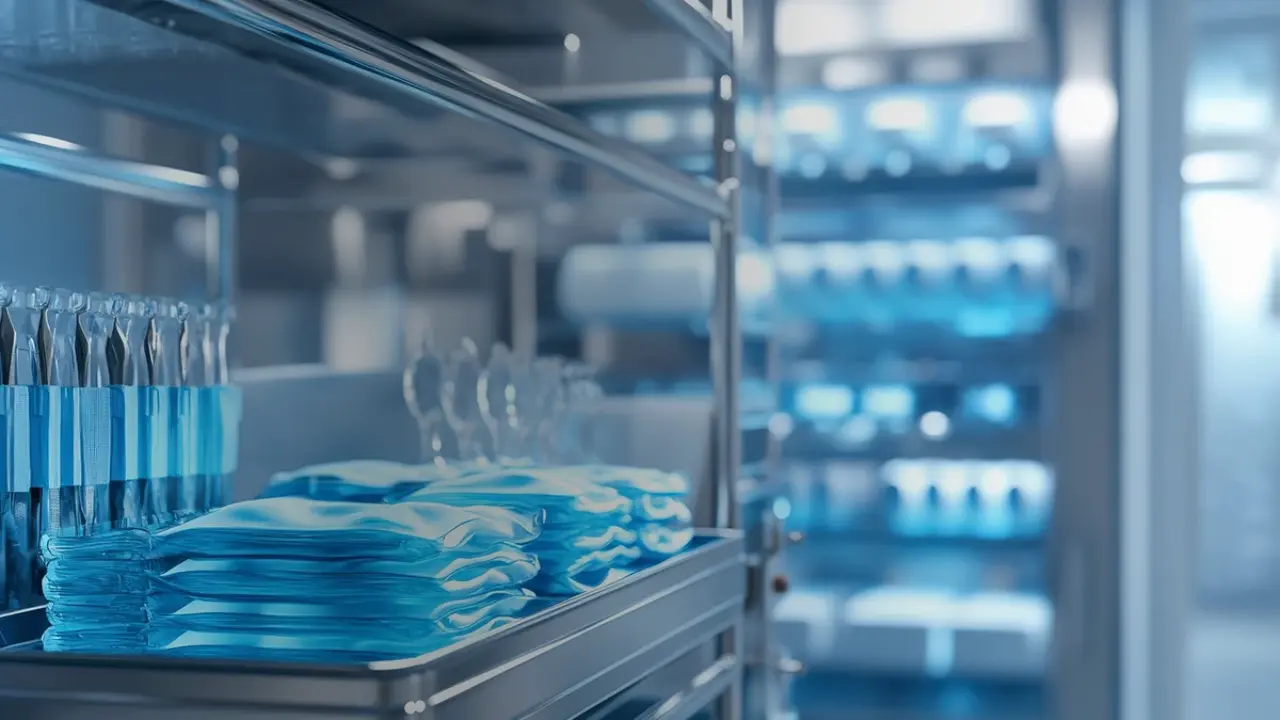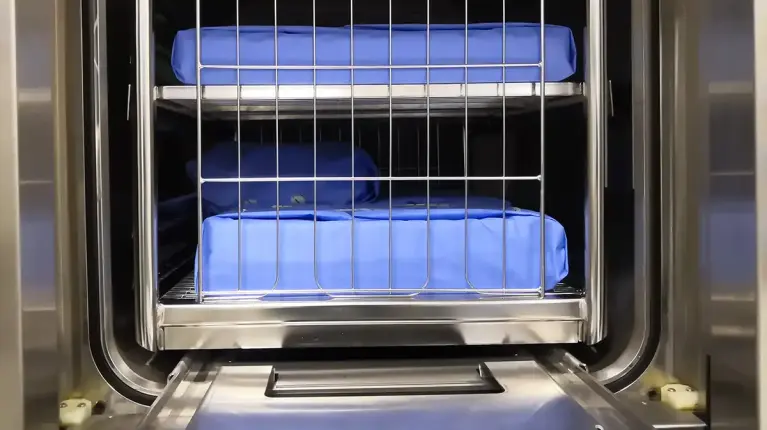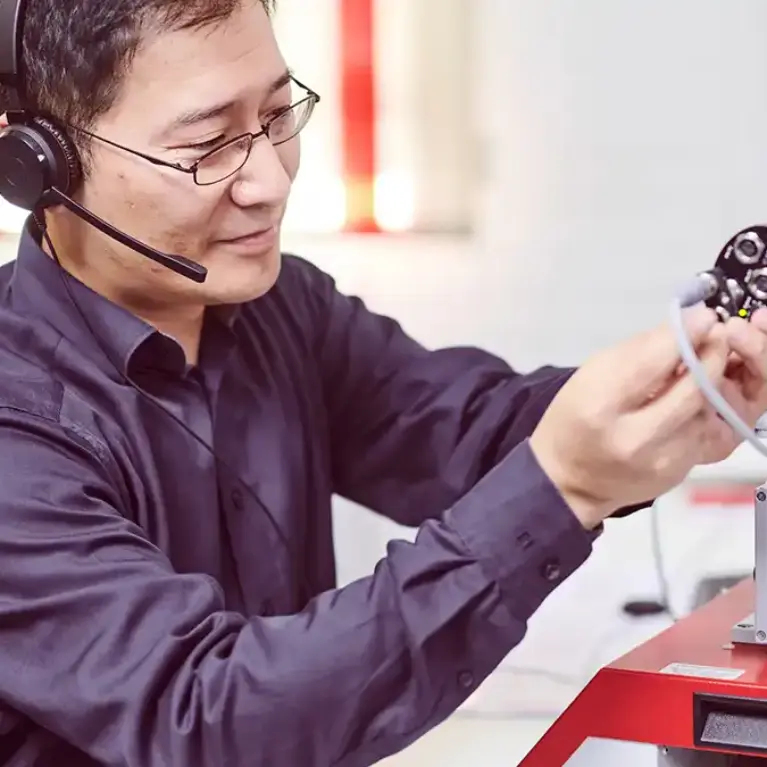The role of vacuum in sterilization
Vacuum is indispensable in sterilization processes, especially for medical instruments, many pharmaceuticals, certain types of food and their packaging. Sterilization protects the health of patients in hospitals and consumers by eliminating microorganisms such as fungi, bacteria, viruses, and spores. Vacuum ensures the effectiveness of this process.Pfeiffer technology in sterilization
Pfeiffer offers advanced technologies for sterilization, including rotary vane vacuum pumps with high vapor capacity and dry-compressing multi-stage Roots vacuum pumps, ensuring short cycle times, high reliability, and efficient thermal management.These solutions are designed to handle hydrogen peroxide and water vapor effectively, making them ideal for low-temperature sterilization in medical applications.


